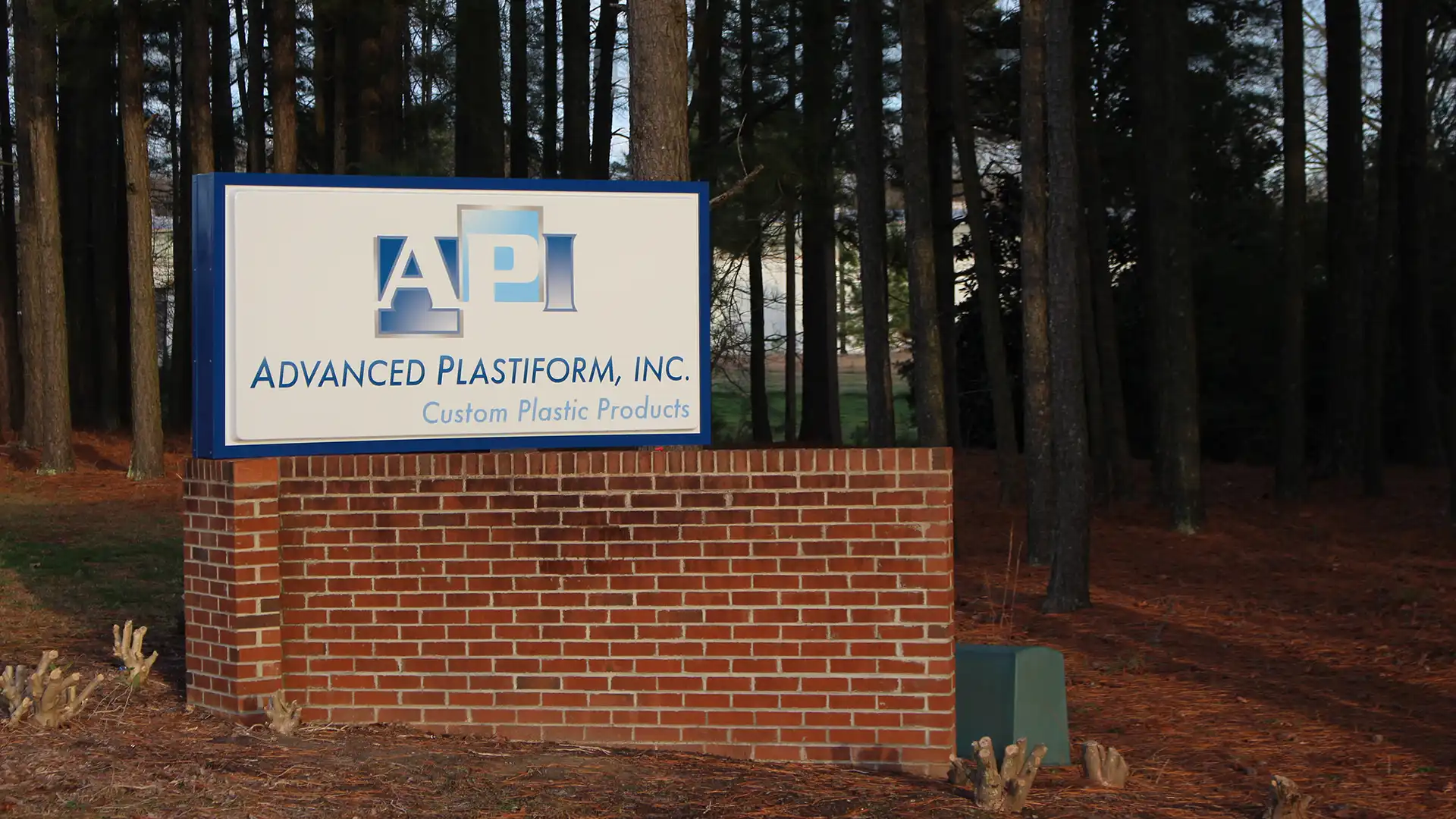Not all plastics can be recycled, but what determines if a plastic can be recycled?…
When you are having plastic components custom-made, you need to be sure that they are made from a high-quality material that has the properties you need. However, if you're working with a manufacturer you've never worked with, it can be difficult to know whether they are producing top-quality products. Too often, molding issues, inconsistent heating, and little to no quality control can lead to parts that are brittle, improperly formed, or have flaws that make them nearly unusable.
To help you avoid receiving poor-quality goods, you can have the plastic tested before a full production run is completed. It may take a bit longer but it will save you time and money, in the long run, to avoid having thousands of components that you can't use. Our thermoforming company in North Carolina is providing a closer look at how you can verify the quality of plastic to give you peace of mind.
Moisture Analysis
While one of the benefits of thermoplastic is that it's highly resistant to moisture, some may absorb moisture from humid areas, leading to poor quality results and internal strains in the final product. A moisture analysis determines the water content in the raw plastic by taking a heat source, such as a halogen lamp, drying it under the heat, and weighing the sample. If there is a difference in the weight before it was heated compared to after, it shows how much moisture is in the material.
Melt Flow Index
In injection molding, knowing the melt flow is essential to understanding how the thermoplastic will behave during the molding process. The melt flow test melts the plastic granules, then the plastic is poured through an orifice for ten minutes. The amount of plastic that comes out in the set time period is weighed and compared to the original amount to determine what is left behind. A poor melt flow index would mean there was quite a lot left behind in the melting container and it didn't flow well.
Ultrasonic Inspection
Ultrasonic inspection is a way to detect flaws in the material. This is a more intensive test, requiring a source of high-frequency sound waves. The plastic is placed in water or another medium, then an electric transducer is used to release sound waves. The transducer assesses how the sound waves move across the plastic, noting any changes that may signify defects, flaws, or contaminants within the material.
Radiographic Testing
Prior to mass production, radiographic testing is performed to determine quality control in the injection molding process. This method involves exposing the plastic material to a beam of radiation, typically x-rays, though in thicker materials, gamma rays are used. The radiation's intensity as it passes through the material on the opposite end is measured and shown as images on photographic film. Any areas where the plastic is thinner, thicker, or flawed in other ways, such as with contaminants, show up as dark spots on the film.
Acoustic Inspection
Acoustic inspection is similar to ultrasonic inspection, in that sound waves are used to find flaws and defective areas in the material. However, this inspection relies on sound emissions coming from defective or flawed areas of the material. A set amount of pressure is applied to the material, leading to acoustic emissions highlighting problems like cracks, fiber inconsistencies, and areas of delamination. An electronic transducer records the surface sound emissions, allowing for further analysis.
Choose a Thermoforming Company You Can Trust
When you work with Advanced Plastiform, Inc., you can rely on our 98 percent customer return rate that shows we only manufacture high-quality, durable plastic components at a low per-unit cost and a fast lead time. We proudly work with companies across all industries throughout the Southeast and Mid-Atlantic states, including North Carolina, South Carolina, Pennsylvania, Maryland, Tennessee, Georgia, and Virginia. To learn more about our services or get a free quote, reach out to us today.

